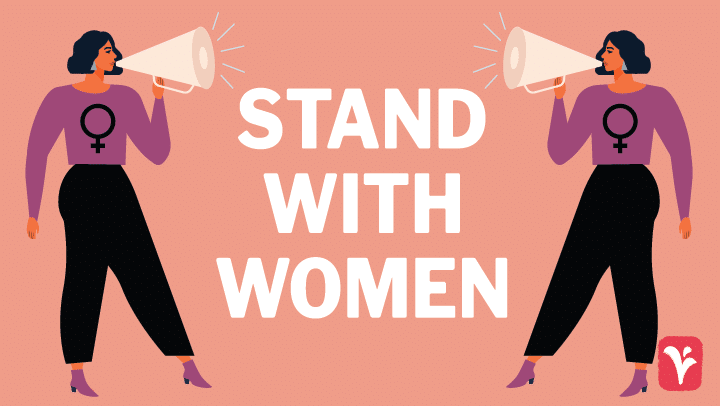Despite it being a month into the new year, the flurry of anti-abortion bills that passed in many states in 2021, including SB 8, remains in effect. Unfortunately, these bills have health consequences, which low-income women and women of color mostly feel. The reproductive health landscape has never looked so dim, but one promising bill would help restore reproductive rights.
The Women’s Health Protection Act is a bill that would prohibit governmental restrictions on providing and access to abortion services. This Act would mean that governments would not be able to limit a provider’s ability to prescribe specific drugs, offer abortion services through telemedicine, or immediately provide abortion services when the provider decides that a delay may risk the patient’s health.
What’s more, governments would not be allowed to require a provider to:
- Perform unnecessary medical procedures
- Provide medically inaccurate health information
- Comply with conditions that do not apply to providers whose services are medically comparable to abortions
- Carry out all the services connected to having an abortion
In contrast to SB 8, a Texas bill that encourages bounty-hunter lawsuits to be filed by citizens and makes it nearly impossible for providers to bring a suit to folks enforcing the law, the passing of the Women’s Health Protection Act would allow the Department of Justice, individuals, and providers to bring a lawsuit to enforce the bill. But, more importantly, states would not be immune from being sued for violating the law.
The bill would also prohibit government entities from requiring patients to make medically unnecessary in-person visits before receiving abortion services or disclosing reasons for obtaining such services. For example, the Texas law that requires patients seeking an abortion to make at least two trips to the provider before receiving an abortion would be unconstitutional under the Women’s Protection Act.
“When states like Texas have heightened attacks on reproductive justice, it is imperative that the federal government steps in to defend abortion care across our nation. The Women’s Health Protection Act is a crucial step toward making abortion access a reality,” Kimberly Inez McGuire, Executive Director of URGE: Unite for Reproductive & Gender Equity, said in a statement. “For too long, abortion bans have kept essential care out of reach, especially for young, low-income, and BIPOC folks. Young people in the South and Midwest demand solidarity and action to defend abortion and uplift our communities. Along with ending abortion coverage bans and ensuring access for young people who need an abortion, passing WHPA gets us closer to a day when our decisions are truly our own.”
The bill was initially introduced on June 8, 2021, and sponsored by Representatives Judy Chu of California, Lois Franke of Florida, Ayanna Pressley of Massachusetts, and Veronic Escobar of Texas. It passed the U.S. House of Representatives on September 24, 2021, making history as the first passed legislation dedicated to protecting abortion rights.
Currently, the bill is awaiting the Senate’s vote, and so far, there have been two roll call votes.
The bill would need to bypass the Senate before it reaches President Biden. And if President Biden approves and signs, the bill would become law. The last hearing for the act was on June 16, 2021.
As of now, it’s uncertain when or if the bill will pass, but there are actionable steps that you can take to ensure your government hears your voice. To show your support for the bill, contact your U.S. Senators, or email Congress here. For people looking to access an abortion, abortionfinder.org locates verified providers nearest you.
